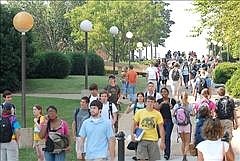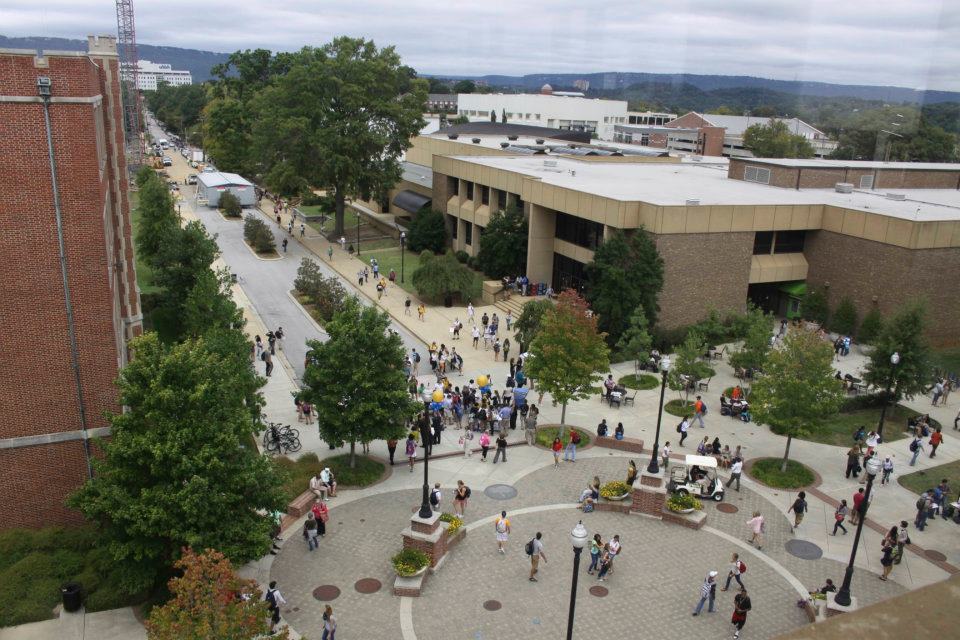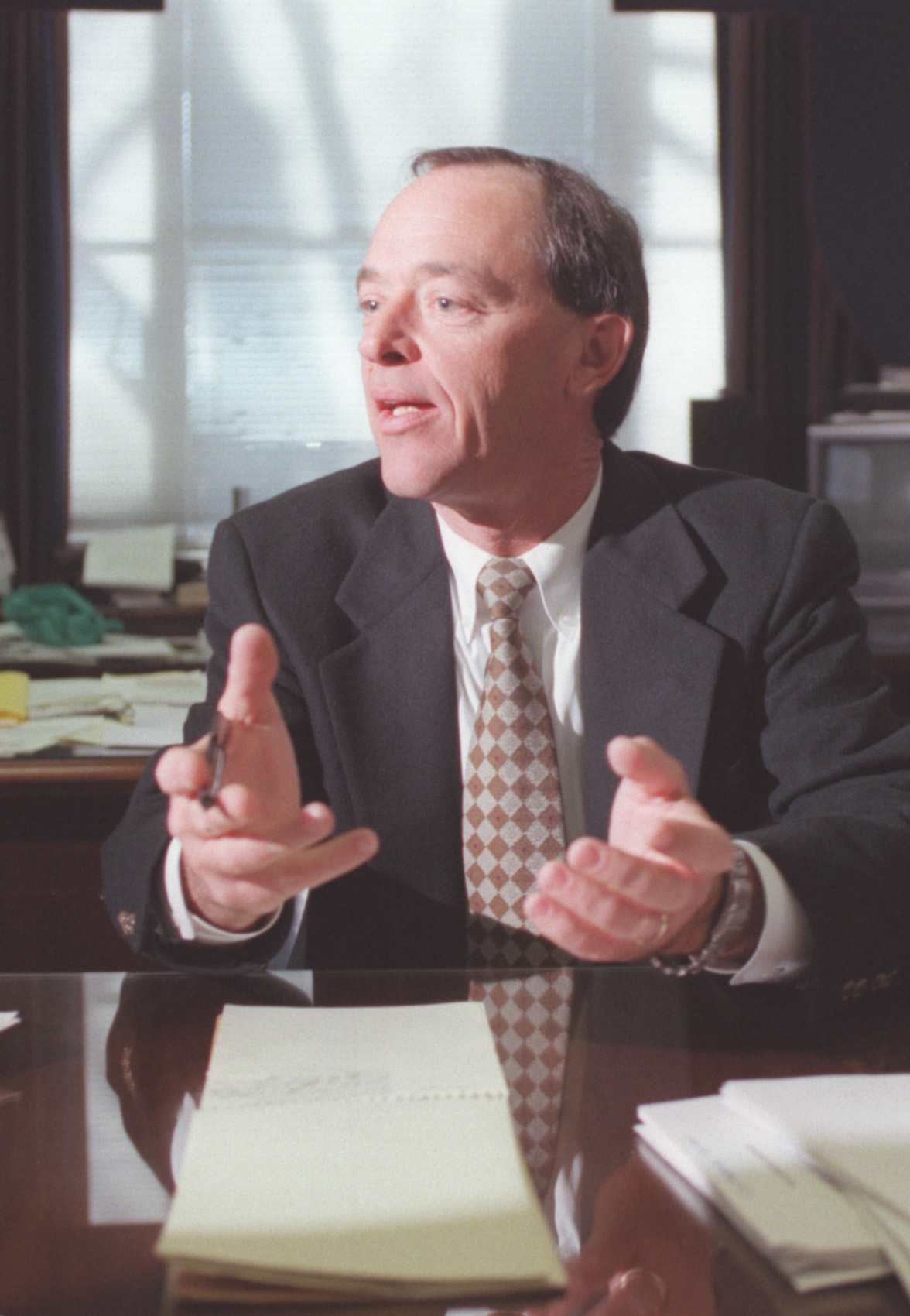NASHVILLE -- The Tennessee Higher Education Commission voted Thursday to request a $28 million increase in state funding for public colleges and universities along with a tuition increase of 3 to 6 percent next fall for students attending the University of Tennessee at Chattanooga, Chattanooga State and Cleveland State.
Students attending the state's 26 free-standing state technology centers and a 27th one located at Chattanooga State face increases of between 5 to 10 percent.
At the University of Tennessee's Knoxville campus and the University of Memphis, recommended tuition increases range from 5 to 8 percent.
Higher education officials are expected to present their budget and tuition recommendations to Gov. Bill Haslam during his ongoing public budget hearings for government departments and agencies Tuesday.
The General Assembly will have its say as well. Tuition and fee figures won't be final until May or June for schools for the school year that begins in August.
THEC Executive Director Richard Rhoda said the Haslam administration asked "virtually every state agency," including higher education, to prepare for up to a 5 percent reduction in state appropriations. The top ranges of tuition increases reflect that, he said.
But Rhoda, whose agency coordinates activities for the UT and Board of Regents-run systems, said higher education officials "hope to make a compelling" argument for the additional $28 million because colleges and universities are doing a better job graduating students.
That would bring tuition increases to the lower ranges, he said.
"The governor can embrace that [$28 million], but we also understand the bigger [budget] picture that he's dealing with," Rhoda said.
Should Haslam decide to cut higher education the full 5 percent, it means a $51 million reduction in state appropriations for the University of Tennessee and Board of Regents systems.
If THEC's recommendations are accepted, the agency's figures show tuition and mandatory fees for full-time in-state undergraduates at UTC would rise to $6,880 under the 3 percent scenario for the entire 2012-13 school year and $7,042 under the 6 percent scenario.
While tuition goes up under the recommendations, mandatory fees do not.
Students at Chattanooga State, Cleveland State and other community colleges on average would begin paying $3,630 under a 3 percent increase next fall and $3,727 under a 6 percent hike.
Students attending technology centers would pay $3,114 for the 2012-13 school year under a 5 percent increase and $3,253 under a 10 percent jump.
The tuition hikes reflect the continuation of a trend in which students are being forced to pay a greater share of funding their public education. The trend accelerated as a result of the "Great Recession" and the current slow recovery of state revenues.
Over the previous five years, students have seen tuition increases ranging between 38 and 49 percent at college and university campuses, according to THEC figures.
Former Chattanooga Mayor Jon Kinsey, who is in his first year as a THEC member, said, "You always hate to see tuition go up. I think Tennessee has been doing a good job at keeping it at the level it has been. If you look across the country, certainly the cost of higher education has gone up everywhere and it's going to be a continued challenge."
Lt. Gov. Ron Ramsey, the Senate speaker, told reporters later he expects at least some tuition increases.
"That's better than the double-digit [increases] they've had in the past, so I guess we'll live with that and go on, and continue to look at this in the future," he said.
But Ramsey said he is uneasy the situation may hit a "tipping point" where an increasing number of Tennesseans find the costs of public colleges and universities out of reach.
"I do have concerns," Ramsey said. "I don't know where we reach that tipping point that it's not affordable any longer. I don't know if we're there or not there. But I do think that when the economy turns around ... one of the first places we'll see money go back into will be higher education."
Ramsey said Tennessee is "still a relatively good buy compared to some other states, but we're getting close to that tipping point where people can't afford it."
Rhoda noted the state reached another "tipping point" a few years back when students' share of higher education's budget became greater than state appropriations.
As for the question of whether Tennessee's public higher education costs are getting out of reach, Rhoda said, "we're not unlike virtually any other state constantly struggling in the public sector where we used to rely heavily on state appropriations for operating support.
"And," he said, "it's not the fault of anyone in the legislature or the governor's office that we're subject to the consequences of a state economy as any other state entity."
He and other officials noted that many students have access to student aid or lottery-funded scholarships.



